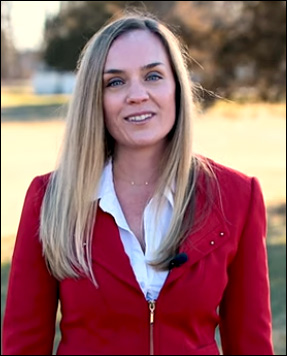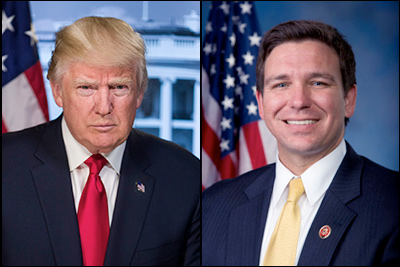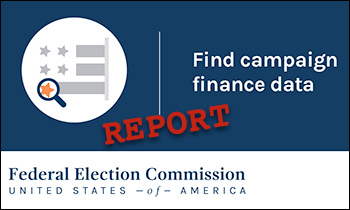By Jim Ellis — Wednesday, March 15, 2023
President
Robert F. Kennedy Jr.: Files Presidential Committee — There has been much speculation that Robert F. Kennedy Jr. will soon join the Democratic presidential campaign as an opponent to President Biden. Over the weekend, he took a definitive step toward becoming a candidate when officially filing a presidential exploratory committee with the Federal Election Commission. This is typically the first step most individuals take before they formally enter a race.Kennedy, much more conservative than the typical Democratic voter, is not expected to be a major obstacle for President Biden to overcome as the incumbent prepares to seek renomination.
Senate
New York: Sen. Gillibrand’s Fundraising Ploy — The Politics1 organization and other political media sites are running with a story saying that New York Sen. Kirsten Gillibrand is telling donors that she is concerned ex-Gov. Andrew Cuomo may challenge her in next year’s Democratic primary. She sites the fact that he has $9 million remaining in his gubernatorial campaign account, which is $4 million more than she reported on her year-end Federal Election Commission financial disclosure.
Sen. Gillibrand’s play in making these statements is largely a fundraising ploy to encourage liberal donors to support her campaign.
Even if Cuomo, who was forced to resign the governorship in 2021, challenged her, he would immediately begin as an underdog. Secondly, though he still may have approximately $9 million in his state campaign account, a combination of complicated state and federal election laws may not allow a full transfer of those funds into a US Senate campaign. Therefore, the idea of a Cuomo Senate challenge, at least at this time, should largely be discounted.
Pennsylvania: Here They Go Again — A new Public Policy Polling survey (March 9-10; 616 likely Pennsylvania Republican primary voters) finds state Sen. Doug Mastriano (R-Chambersburg), the 2022 Republican gubernatorial nominee who proved non-competitive in the general election, again leading in a statewide Republican primary.
In a hypothetical US Senate nomination contest, PPP finds Sen. Mastriano topping 2022 candidate and former hedge fund CEO David McCormick and 2022 Senate candidate Kathy Barnette, 39-21-11 percent. If the race was a two-way between Mastriano and McCormick, the former would lead 42-28 percent. Should these numbers hold, such a primary result would again nullify any realistic chance Republicans have of upsetting Sen. Bob Casey Jr. (D) in November.
House
FL-25: Retired General Announces Against Rep. Wasserman Schultz — Weston City Commissioner Chris Eddy (R), a retired Air Force general and former FBI analyst, announced his candidacy for the Republican nomination with the hope of facing Rep. Debbie Wasserman Schultz (D-Weston) in the general election. He first must get past 2022 nominee Carla Spalding, however.
The 25th District is reliably Democratic – FiveThirtyEight rates the seat D+18; Dave’s Redistricting App calculates the partisan lean at 62.0D – 36.8R – which means the chances of scoring an upset here are slim. Still, Rep. Wasserman Schultz showed some weakness in the 2022 election against Spalding, winning only a 55-45 percent victory, which proved the closest of her 10 career congressional elections.
SC-1: Rep. Mace Challenger Emerges — Museum founder Michael Moore (D), a relative of Civil War figure Robert Smalls, announced that he will enter the Democratic primary to challenge two-term Rep. Nancy Mace (R-Charleston).
There is a great deal of uncertainty surrounding this race because earlier this year a South Carolina three-judge federal panel declared the 1st District an unconstitutional racial gerrymander district. This means, unless the SC ruling becomes moot when the US Supreme Court decides the related Alabama racial gerrymandering case, the district will be re-drawn.
A new version under the South Carolina judicial directive should make this seat more Democratic, but a considerable amount of time will likely elapse if and before the seat is reconfigured. Therefore, it is difficult to draw any current conclusions about the 2024 SC-1 campaign.







